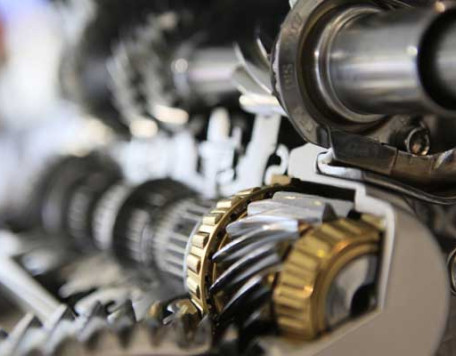© Pint of Science, 2025. All rights reserved.
Quantum computing might sound futuristic, but its foundations — and even its real-world applications — are already here. In this two-part evening, we’ll start with an accessible introduction to the key principles of quantum mechanics and how they differ from classical computing. Then, we’ll dive into the fascinating world of photonic quantum computing, where particles of light are being used to tackle problems that no supercomputer can solve. Whether you’re brand new to quantum or curious about its cutting-edge frontiers, this is your chance to explore a revolution in the making.
Classical vs. Quantum Computation: What Do We Gain?
Dr Rita Ahmadi
(Postdoctoral Researcher, Imperial College London)
We'll start with a brief introduction to the basic elements of quantum mechanics. Then, we'll take a quick detour into classical computing to see how it works—and how quantum features can push things even further. This naturally leads us to a new (and possibly powerful) way of thinking about computation: quantum computing.
Quantum for now: How Light-based Quantum Computing is Shining Bright
Dayne Lopena
(PhD Student, Imperial College London)
When you think of quantum computing, you might imagine something decades away, locked away in some fairy tale. But what if we told you quantum devices are already doing things no supercomputer can? Even without perfect, error-free quantum machines, researchers are finding clever ways to harness quantum effects - especially with light.
We will explore the world of photonic quantum computing, a field that uses particles of light to tackle complex problems. In particular, we’ll dive into Gaussian Boson Sampling - a mouthful of a name, but a fascinating demonstration of quantum advantage that’s already challenging classical limits.
We will explore the world of photonic quantum computing, a field that uses particles of light to tackle complex problems. In particular, we’ll dive into Gaussian Boson Sampling - a mouthful of a name, but a fascinating demonstration of quantum advantage that’s already challenging classical limits.
The Quest for Quantum Supremacy
Shana Winston
(PhD Student, Imperial College London)
The journey towards building universal, fault-tolerant quantum computers is long and challenging, but we have already seen so many breakthroughs! Around the world, research teams have pushed the boundaries of both quantum hardware and algorithm development.
In this talk, we will focus on some of the most exciting milestones achieved by companies such as Google, IBM, and Microsoft. We will also look ahead to the future of quantum computing, and address one of the biggest challenges: error mitigation.
In this talk, we will focus on some of the most exciting milestones achieved by companies such as Google, IBM, and Microsoft. We will also look ahead to the future of quantum computing, and address one of the biggest challenges: error mitigation.
Map data © OpenStreetMap contributors.
Other The Assembly House events
2025-05-21
Technology Transforming Dementia Research
The Assembly House
292-294 Kentish Town Rd, London, NW5 2TG, United Kingdom
2025-05-20
Science in Motion: Engineering a Sustainable Future
The Assembly House
292-294 Kentish Town Rd, London, NW5 2TG, United Kingdom



